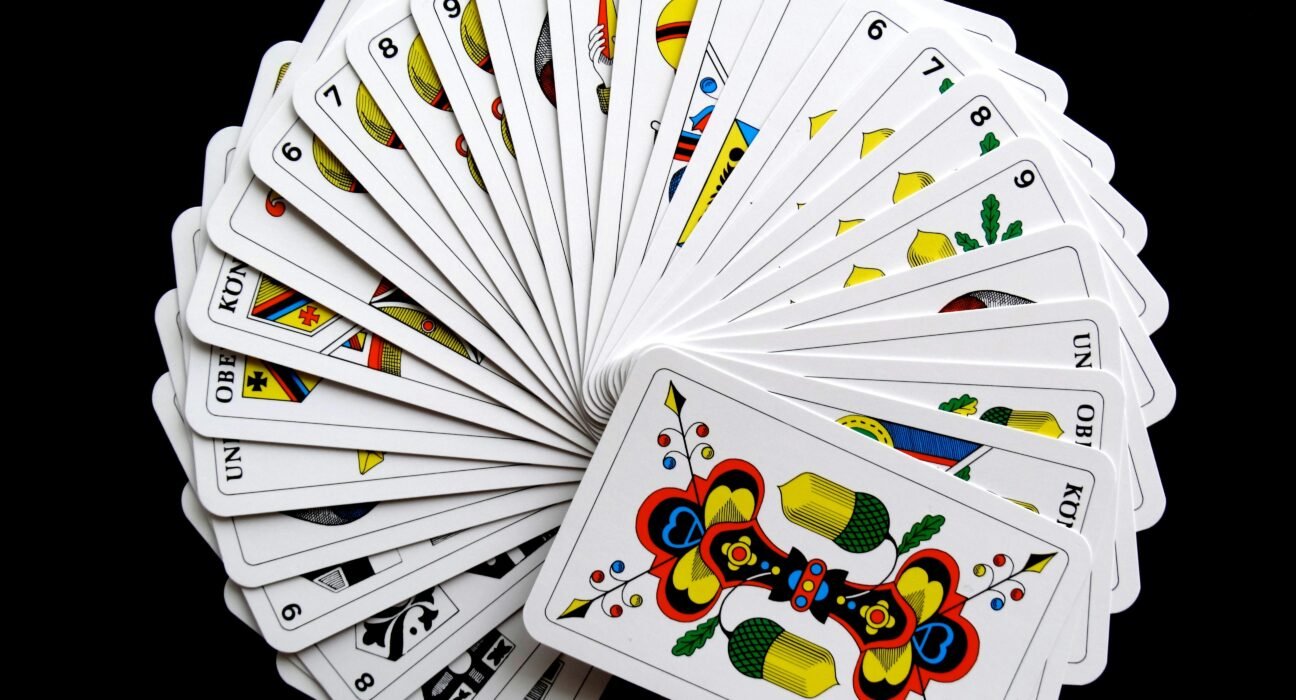Church, lawmakers, and regulators clash over ethics, revenue, and social harm
Cardinal David Condemns Online Gambling as “Modern-Day Slavery”
The Catholic Bishops’ Conference of the Philippines (CBCP) has reiterated its demand for a complete ban on online gambling, citing deep moral and social consequences. Cardinal Pablo Virgilio David, CBCP president, voiced his concerns during the Philippine Conference on New Evangelisation in Manila, warning that no amount of economic benefit can justify the societal harm caused by widespread gambling access.
David emphasized that addiction to online gambling, particularly among the youth, is tearing families apart, fostering dependency, and weakening the nation’s moral fabric. Referring to it as “modern-day slavery,” he likened it to other digital addictions such as social media, claiming both “erode social cohesion and mental health.”
Government Cites Economic Value: PHP 100 Billion in Revenue
The Philippine Amusement and Gaming Corporation (Pagcor) recently responded to a CBCP pastoral letter, defending online gambling’s economic contributions. Pagcor chair Alejandro Tengco claimed the sector generated over PHP 100 billion ($1.71 billion) in government revenue, supporting public programs and creating jobs for more than 30,000 Filipinos.
However, Cardinal David dismissed this argument as a moral compromise. “If profit becomes the justification, then what stops us from legalising other addictions?” he asked. The CBCP has long argued that economic incentives must never outweigh ethical imperatives.
Financial Institutions and Regulators Tighten Controls
While President Ferdinand Marcos Jr. has not yet issued an official stance, financial institutions and regulators are already responding to concerns. Firms like GCash, Maya, and the Bangko Sentral ng Pilipinas (BSP) have started implementing tighter restrictions on gambling-related transactions, including limiting in-app promotions and imposing KYC (Know Your Customer) checks to prevent underage and excessive gambling.
In parallel, several lawmakers have introduced bills seeking either greater regulation or outright prohibition of online gambling operations, particularly those tied to foreign operators and offshore platforms (POGOs).
Regulation vs. Prohibition: A Polarised Policy Debate
The pushback from the Church has reignited the debate over whether banning gambling truly addresses its core harms. Critics argue that prohibition may drive the activity underground, making it harder to monitor, tax, or regulate. Legalization, in contrast, at least offers a framework for consumer protection, tax revenue, and transparency.
Still, for Cardinal David and the CBCP, the issue is moral, not just regulatory. “When gambling destroys families, corrupts the young, and exploits the poor, no amount of oversight will make it right,” he said.
A Crossroads for Philippine Policy
The Philippines is now at a critical policy crossroads—balancing economic incentives with ethical concerns. The outcome could reshape not only the future of online gambling regulation, but also redefine the role of the Church in shaping public policy in a digital era increasingly driven by commercial interests. As the moral and legal debate deepens, the nation faces a fundamental question: Should profit come at the cost of principle?

